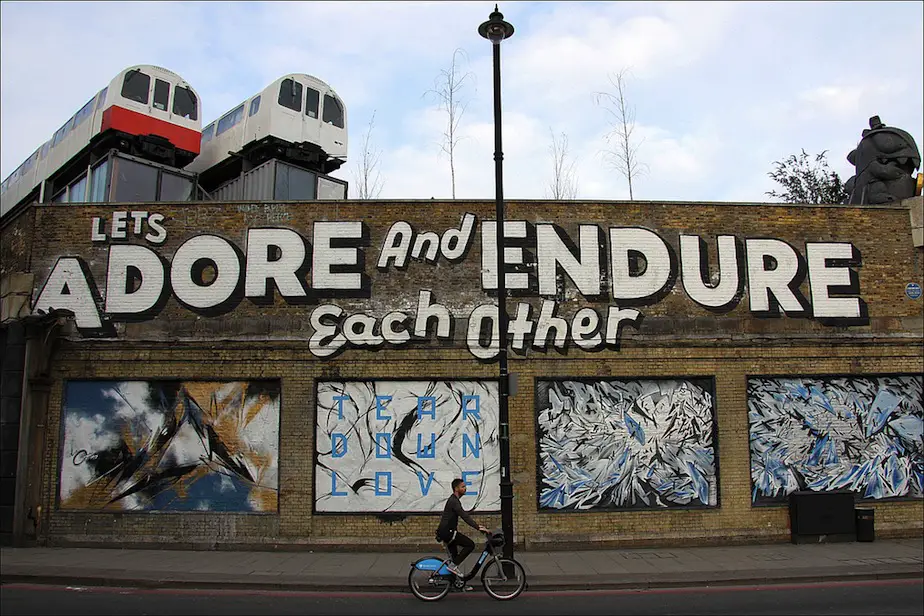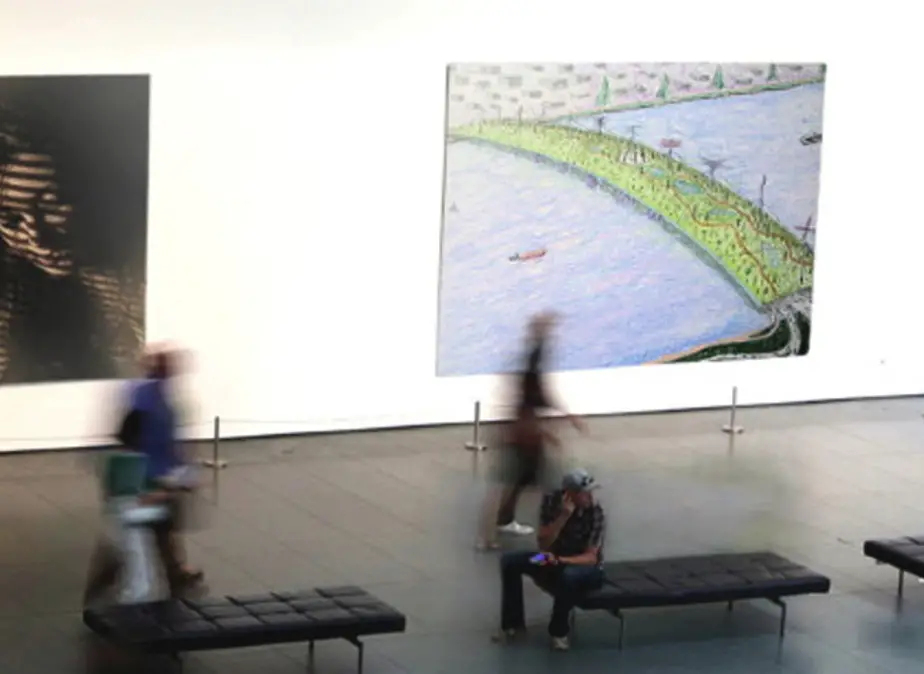Every city has a voice of its own. Some cities make a lot of noise, while others are modest about what they do. Recently, I was invited to visit Nairobi – one of those colourful cities with a very loud voice – as part of a visit to the Community Light Centre Project by Philips Light. Nairobi, I found out, has a very exciting and contrasting set of voices.
Upon arriving to the East African hub of around 3 million inhabitants, I could not help but noticing that I was entering a very diverse and bustling city. This came across as I walked through the corridors of Jomo Kenyatta International Airport where there were people from all around the globe in colourful garments, mutli-religious praying cubicles and flights arriving from Asia, the Middle East and Europe. This was furthered evidenced as we drove past billboards showcasing the latest products from big multinationals on our way to the hotel.
Over the next few days we spent much of our time rambling around Nairobi’s neighbourhoods. First was the CBD. Being the heart of the city, the CBD hosts headquarters for international firms and government ministries alongside a mix of older skyscrapers (mostly built after Kenya’s independence in 1963), modern corporate glass buildings, colonial buildings and many, many stores. It was clear that this part of town was all commerce, all play and all traffic.
We crossed the town centre, and as people approached us to learn about our biddings in Nairobi, we ended up inside the narrow corridors of a labyrinthic 1970s building. Inside, I was surprised to find more diversity and economic activity than on any high street or shopping centre I have ever been to in the UK. From small offices and internet cafes to hair dressers and tourist agents, the enclosed public space felt more like an extension of city itself than a separate building; in fact the only thing that divided them was the security gate that obliged passer byes to declare any metal object upon entering the building.

However, the centre of Nairobi did not reflect the entirety of the city. Further out from the hectic city centre, Nairobi is surrounded by a mix of old and new developments that show the social fabric of the city and the forces that are driving its development. Just as we left the traffic-jammed centre to more affluent parts such as the Parklands, Upper Hill and Westlands, I noticed that motorways and new high density construction works were sprawling all around. “Nairobi is under construction” said Philip – our guide – as we made our way to visit one of Africa’s most emblematic slums.
Nairobi is booming economically. The city is ranked amongst the top places to do business in the African continent; it is the entry point to East Africa and is increasingly becoming the transport hub of a region larger than Western Europe. International firms, international government agencies like UNEP and HABITAT and major NGOs are headquartered in the Kenyan city. Foreign direct investment is also flowing in from big multinationals and as a result attracting immigrants from all around the region. This however, has exasperated social issues that evidently plague the city.
“This is the problem in Kenya” signalled Philip as we drove past a luxurious gated community, some new shopping centres and landscaped public spaces. Further ahead we got a glimpse of Kibera, one of Africa’s largest slums. The contrasts were a clear indication that space is highly contested in Nairobi and as the city continues to grow economically and land price is increasing, it is unclear who has the right to the city in terms of economic, social and political opportunities.
At the end of my stay, I found out that the tone of Nairobi’s voice was all about contrasts. While there are voices of hope, ambition and warmth, there are also voices of frustration and uncertainty. As I sat sipping a local drink watching a Mexican Soap Opera in a typical Kenyan road restaurant, I could not help but to eardrop on people sitting next to us. “Business is good,” they said, and indeed it is. However, in a city like Nairobi, “business is good” is a truth that everyone aspires to, but not everyone has access to.
Photos: @_tompayne_ and Alejandro Echeverria


